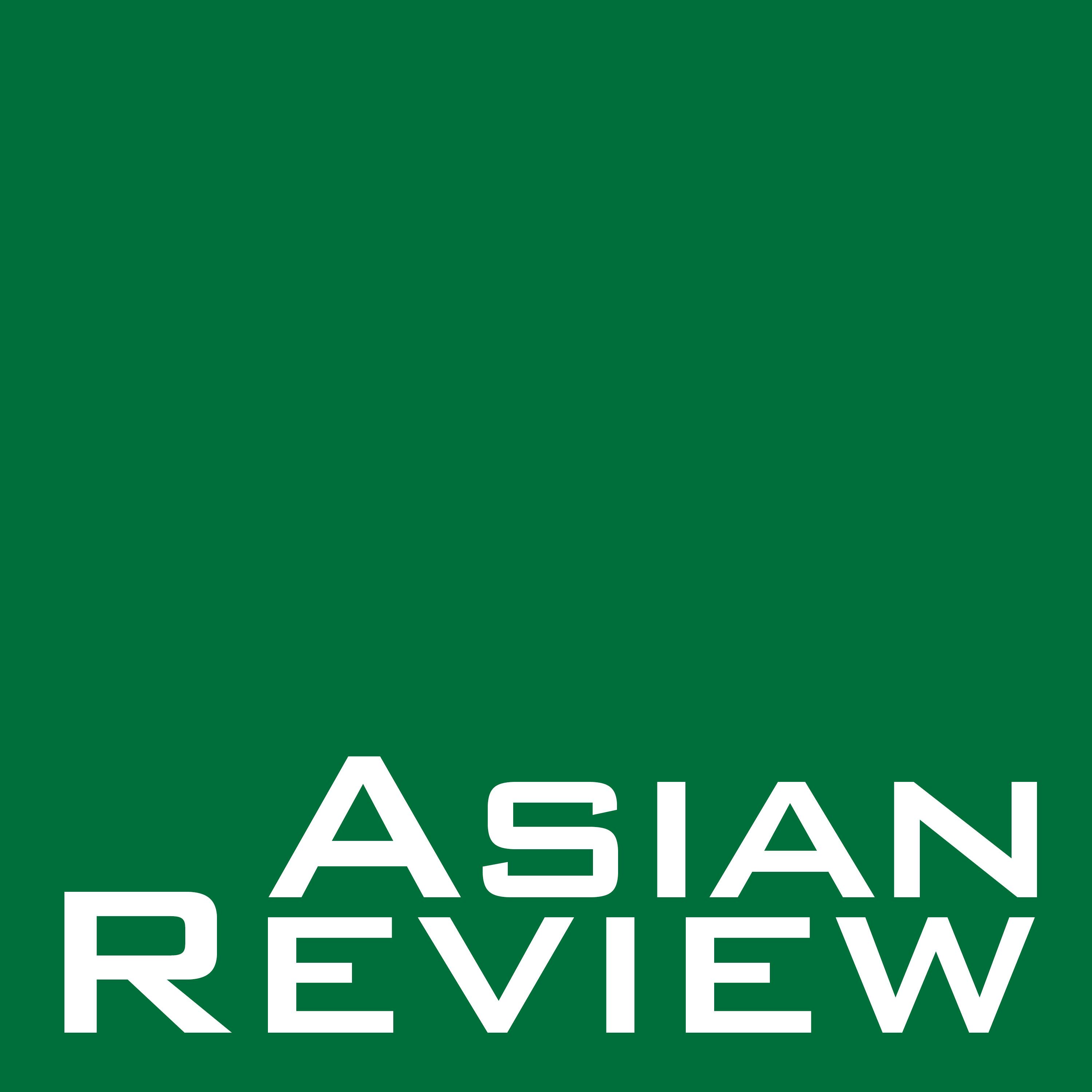Joshua Ehrlich, "The East India Company and the Politics of Knowledge" (Cambridge UP, 2023)
Description
The East India Company was a unique entity in world history: More than just a commercial enterprise, the Company tried to act as its own government. Not many at the time–whether legislators or company officials in London, and certainly not Indian people—though this was a great idea.
As Joshua Ehrlich notes in his book The East India Company and the Politics of Knowledge (Cambridge University Press: 2023), the Company hit upon a novel justification for its work: It was committed to the pursuit of knowledge, and that was why it needed to merge commercial and political power.
In this interview, Josh and I talk about the East India Company, how it tried to make “knowledge” part of its responsibility, and how the “politics of knowledge” are still relevant today.
Joshua Ehrlich is an award-winning historian of knowledge and political thought with a focus on the East India Company and the British Empire in South and Southeast Asia. Currently Assistant Professor of History at the University of Macau, he received his PhD and MA from Harvard University and his BA from the University of Chicago. Ehrlich’s many articles have appeared in journals including Past & Present, The Historical Journal, Modern Asian Studies, and Modern Intellectual History.
You can find more reviews, excerpts, interviews, and essays at The Asian Review of Books, including its review of The East India Company and the Politics of Knowledge. Follow on Twitter at @BookReviewsAsia.
Nicholas Gordon is an editor for a global magazine, and a reviewer for the Asian Review of Books. He can be found on Twitter at @nickrigordon.
Learn more about your ad choices. Visit megaphone.fm/adchoices
Support our show by becoming a premium member! https://newbooksnetwork.supportingcast.fm/asian-review
More Episodes
In December 1948, a panel of 12 judges sentenced 23 Japanese officials for war crimes. Seven, including former Prime Minister Hideki Tojo, were sentenced to death. The sentencing ended the International Military Tribunal for the Far East, an over-two-year-long trial over Imperial Japan’s...
Published 05/30/24
In December 1937, Bernhard Sindberg arrives at a cement factory outside of Nanjing. He’s one of just two foreigners, and he gets there just weeks before the Japanese invade and commit the now infamous atrocities in the Chinese city.
As the writer Peter Harmsen notes, Bernhard’s background isn’t...
Published 05/23/24
Published 05/23/24


